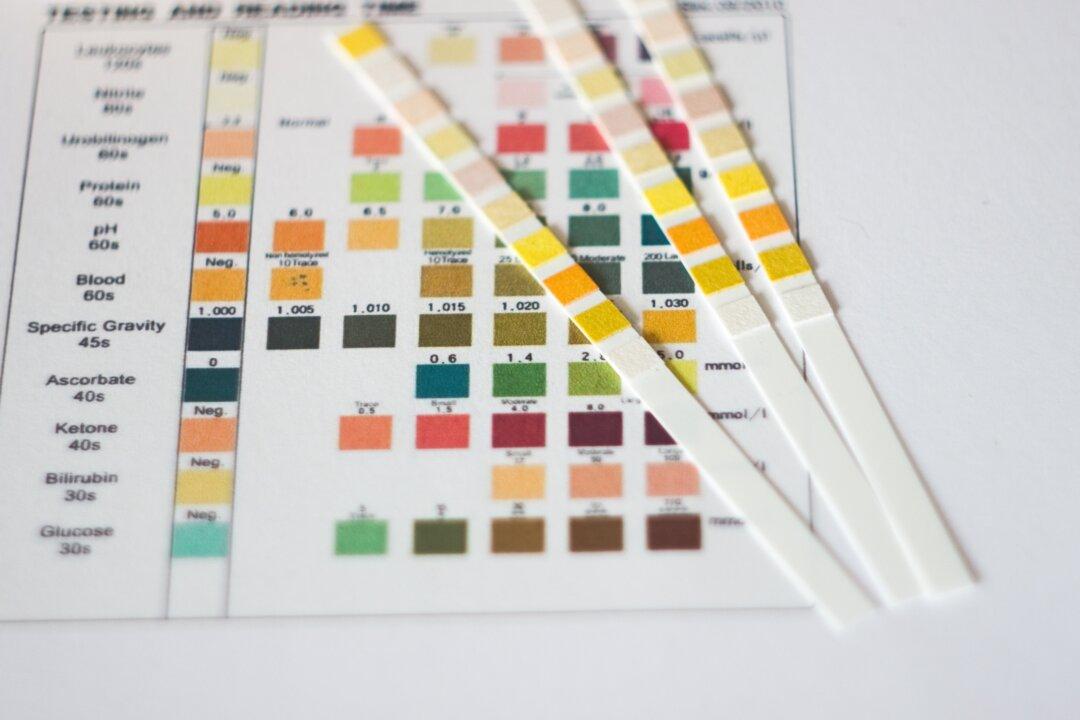As with many things we do in our bathrooms—taking showers, plucking unwanted hairs, and the like—urinating isn’t exactly something people discuss with friends and family. And why would they? Urinating is something we rarely pay attention to—unless we have to.
The medical community has long been able to study patients’ health status, and possible diagnoses, through analysis of their urine, since it can provide crucial data about certain health issues. Urine primarily consists of water, but also contains concentrations of various waste products excreted by the kidneys. These include unwanted hormones, proteins, salt, potassium, creatinine, and both organic and inorganic compounds.






